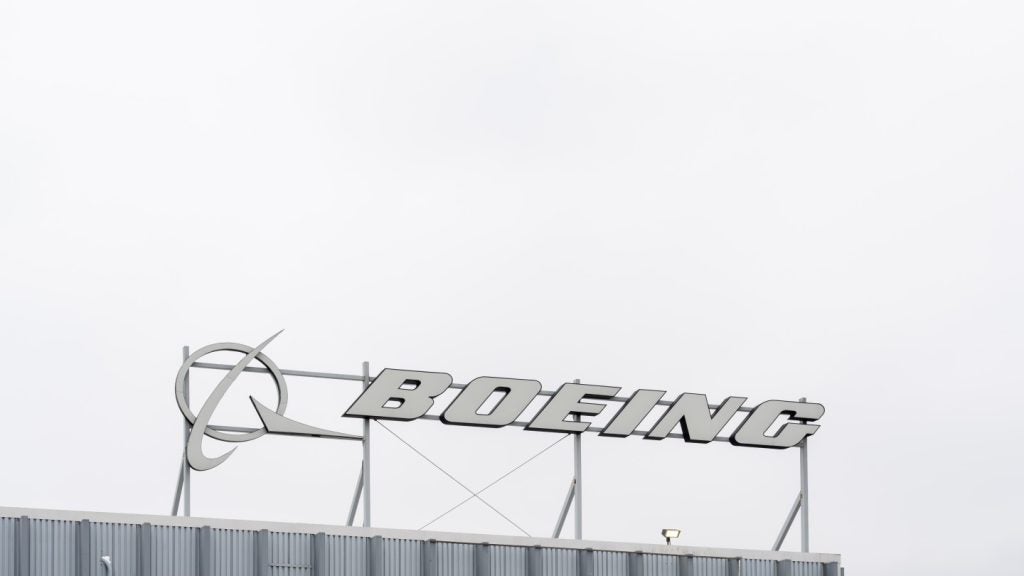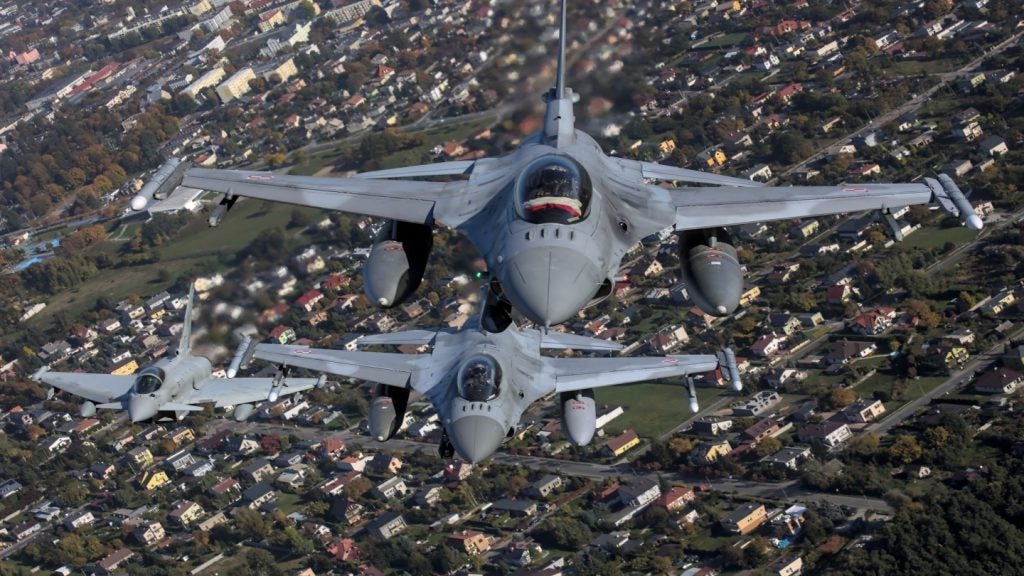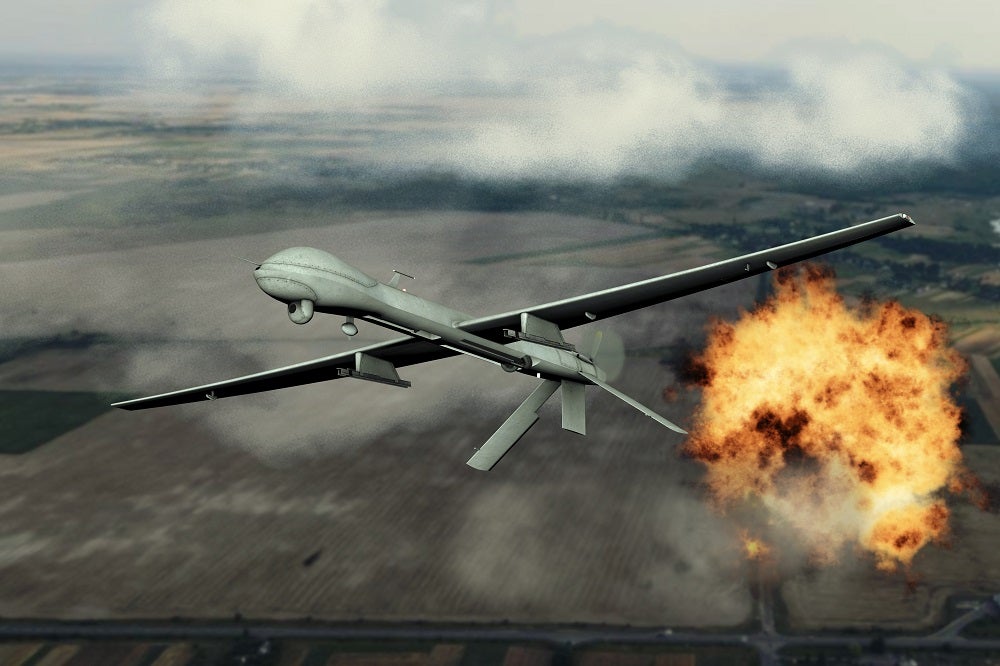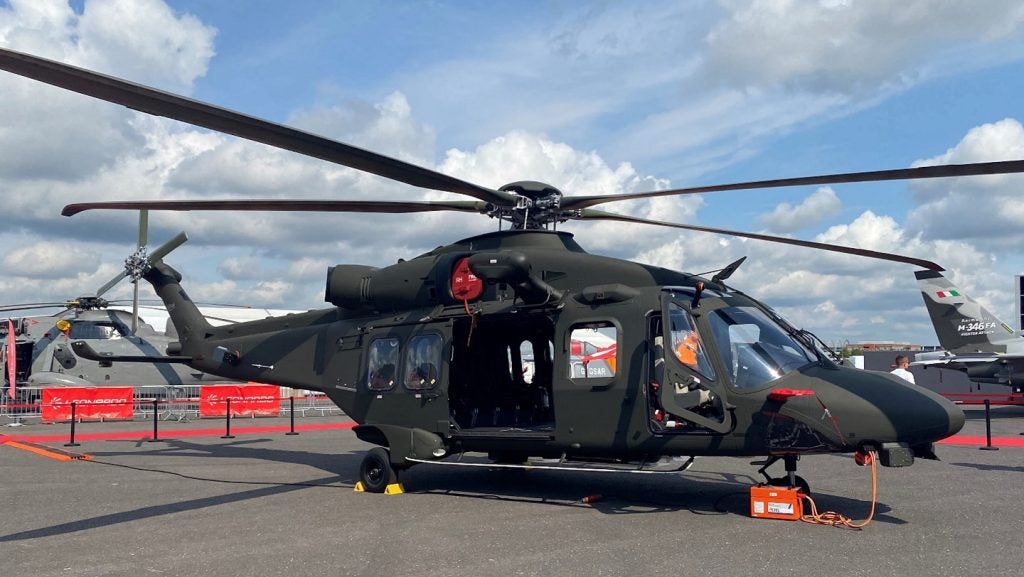
The Hungarian government has signed a contract to procure Hero loitering munitions.
The German defence company, Rheinmetall, and the Israeli drone supplier, UVision Air, co-designed the Hero munition to meet the growing demand for remotely controlled precision munitions.
Hungary’s procurement cost the eastern European country an undisclosed amount in the low three-digit million-euro range. Rheinmetall will deliver the munitions in 2024, while the contract is scheduled to end in 2025.
The Hero has is highly autonomous: it loiters above the operational arena, locates and tracks enemy targets, ‘investigates’ the high value targets, chooses the right timing, direction and angle to attack, and then performs a precise strike.
The system series is suitable for a wide range of units and forces, and for tactical and strategic missions, of short, medium and long ranges. The industral partners designed the Hero to enable maximum manoeuvrability with pinpoint strike accuracy and mission abort and re-engage capability. Depending on the model, the systems are man portable and can be mounted on land vehicles, ships or aerial platforms.
Hungary adopts Hero under military modernisation programme
The Hungarian government announced a ten year modernisation plan in 2017 titled the ‘Zrínyi’ programme. This includes key advances for all elements of the country’s armed forces, but has three key features: increasing defence spending, strengthening its defence industry and the capabilities in its military.
How well do you really know your competitors?
Access the most comprehensive Company Profiles on the market, powered by GlobalData. Save hours of research. Gain competitive edge.

Thank you!
Your download email will arrive shortly
Not ready to buy yet? Download a free sample
We are confident about the unique quality of our Company Profiles. However, we want you to make the most beneficial decision for your business, so we offer a free sample that you can download by submitting the below form
By GlobalDataHungary’s armed forces have relied on its Soviet-era legacy systems which has led to a need for a modernised fighting force. GlobalData intelligence says that Hungary has made acquisitions a priority since 2017, making a number of key acquisitions, including the order of 218 Lynx armored vehicles, 44 Leopard 2A7+ MBTs, 20 145M light helicopters, NASAMS air defence systems, AIM-120C-7 AMRAAMs, and Gidran armoured vehicles.
At the same time, a force is not only strengthened by the acquisition of various conventional platforms.
Hungary’s contract for Hero loitering munitions – which have a high level of autonomous programming – places great importance on the advanced capability feature of the country’s modernisation plan.
At the SAE Media Group’s Future Soldier Technology Conference 2023, Brigadier General Imre Porkoláb, Ministerial Commissioner for Defence Innovation for the Hungarian Ministry of Defence, discussed the importance of digital technology for quicker situational awareness on the battlefield and teaming with next-generation armoured platforms.
The invasion of Ukraine will likely speed up spending and acquisition programmes, such as Rheinmetall and UVision’s Hero loitering muntions.
All militaries are eyeing up the power of autonomy in military systems – the United States have recently celebrated the first year of its Digital and Aritificial Intelligence (AI) Office, which now claims to have several achievements in creating, implementing, and steering digital transformation and AI in the US Department of Defense.







